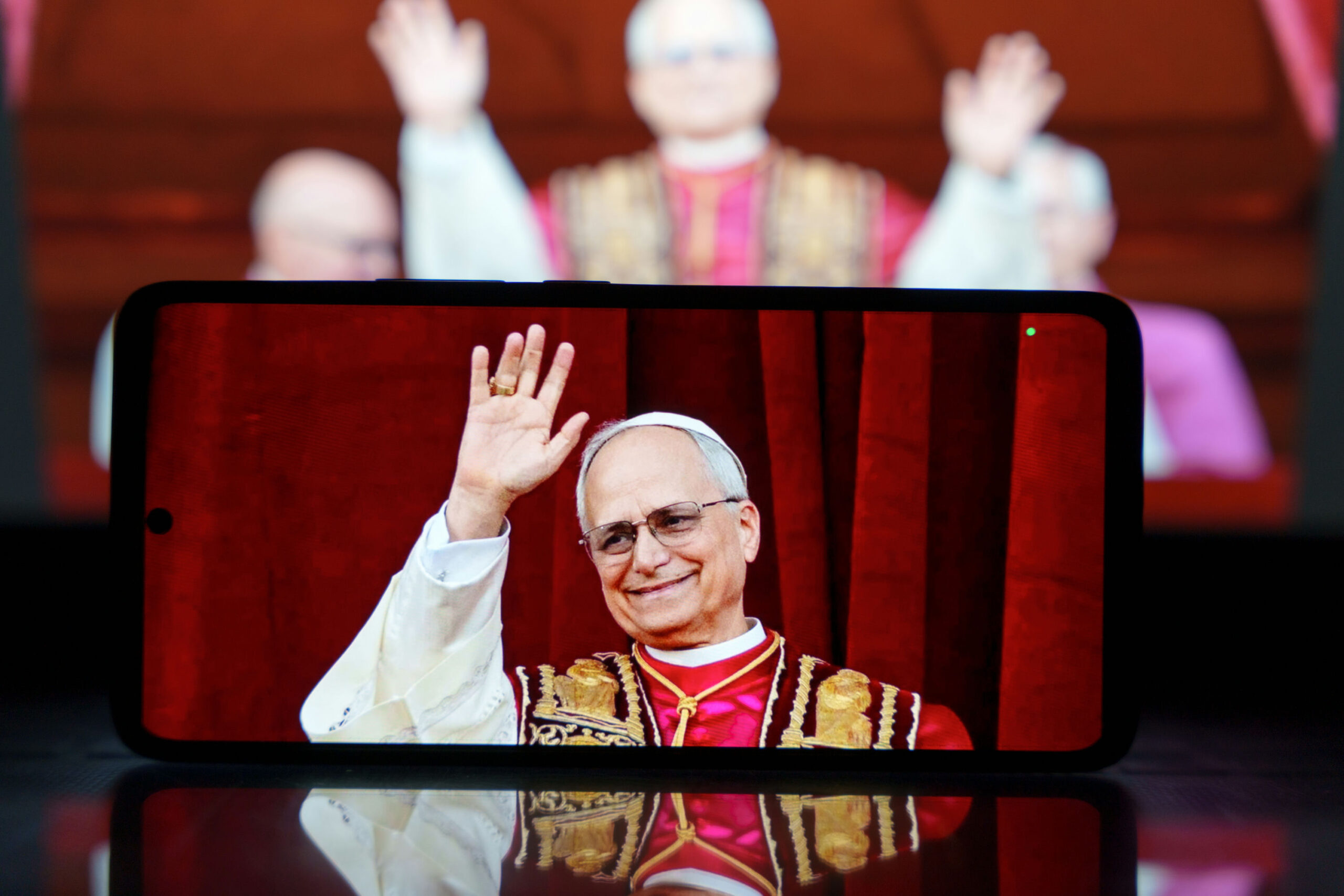Pope Leo XIV’s unprecedented decision to share the Vatican’s papal apartments with four close associates is raising alarms among conservatives who see this as another break from tradition and a possible threat to foundational values of faith and leadership.
Pope Leo XIV Breaks with Papal Tradition by Inviting Roommates into the Apostolic Palace
Pope Leo XIV is set to move into the newly renovated papal apartments within the Apostolic Palace later this year, marking the first time in modern Vatican history that a pope will share his official residence with others. Traditionally, these quarters have been reserved solely for the reigning pontiff, symbolizing the unique leadership and responsibilities of the office. Leo’s personal secretary, Father Edgard Rimaycuna, and up to three additional confidants will join him, a choice the Vatican attributes to the pope’s Augustinian background and desire for a communal lifestyle. This development has stirred anxiety among faithful Catholics and conservative observers who regard such traditions as integral to the Church’s identity and stability.
The Apostolic Palace has been the official papal residence since 1870, housing popes such as John Paul II and John XXIII until their final days. Pope Francis, though, famously declined to live in the palace, instead choosing the Santa Marta guesthouse to maintain a simpler, more accessible image. Leo’s move is distinct: rather than solitary residence or guesthouse lodging, he is opening the apartments to communal living, highlighting his Augustinian roots of humility and community. Vatican officials have confirmed that the 10-room suite is undergoing extensive renovations, including repairs for water damage and structural decay, after years of disuse. Despite the Vatican’s tight-lipped approach, the presence of trusted flatmates inside the palace marks an unprecedented shift, leading many to question whether core traditions are being compromised for modern sensibilities.
Tradition Under Pressure: What’s at Stake for the Vatican and the Faithful
For more than 150 years, the papal apartments have stood as a powerful symbol of the pope’s singular authority and the sacred responsibility entrusted to him by the Church. The decision to invite roommates into these hallowed halls is seen by many as diluting that symbolism, potentially undermining centuries of spiritual leadership and discipline. Defenders of tradition argue that such changes risk sending mixed signals to the global Catholic community and could embolden further departures from established customs. While supporters claim Leo’s move reflects humility and approachability, critics warn that repeated departures from precedent—especially those involving core symbols of authority—chip away at the Church’s foundations. This debate echoes broader concerns about the erosion of values and traditions, a theme all too familiar to Americans frustrated by years of progressive overreach and disregard for heritage.
Renovations on the apartments began after Pope Francis’s death in April 2025, prompted by years of vacancy and urgent repairs following structural issues. As Leo currently resides in the Sagrestia building, anticipation and speculation swirl around both the timeline for completion and the final list of roommates. The Vatican has yet to reveal all the details, fueling questions about transparency and long-term intentions. Meanwhile, prominent Catholic voices and Vatican correspondents have called the move “prudent” and highlighted its alignment with Leo’s community-driven ethos, but also acknowledge the tension it generates among those who value continuity and clarity in Church leadership. The focus now shifts to whether this communal experiment will become a lasting precedent or remain a singular episode in the Vatican’s long history.
Implications for Leadership, Authority, and Tradition
The impact of Pope Leo’s decision extends beyond the Vatican walls, touching on broader debates about tradition, leadership, and the future of faith communities. In the short term, the communal living arrangement signals a departure from solitary papal authority and could reshape internal Vatican operations as staff adjust to new routines. More significantly, it raises questions about the direction of Catholic leadership in an era where established customs are increasingly challenged or abandoned. Some analysts see potential for reform, arguing that greater humility and accessibility could revitalize the Church’s image. Others, however, caution that sacrificing tradition for modern trends risks weakening the very principles that have anchored the faith for centuries. For conservative observers, the episode serves as a reminder of the importance of defending core values in the face of relentless pressures for change.
Expert commentary underscores the divide: while some praise Leo’s discernment and community focus, others remain wary of the precedent this sets for future popes and the ongoing debate over tradition versus adaptation. With the Vatican’s limited disclosures and ongoing renovations, the situation remains fluid, but the ramifications for Catholic identity and global perceptions of papal authority will be closely watched. In a world where the undermining of tradition and faith has too often led to chaos and confusion, many are urging vigilance and a renewed commitment to the values that have long defined the Church and its leadership.
Sources:
Pope Leo to Share Papal Apartments with Flatmates
Pope Leo Vatican Redesign: Flatmates in Papal Apartments
Pope Leo Vatican Flatshare Catholic
Pope Breaks with Tradition in Vatican’s Most Exclusive Pad

